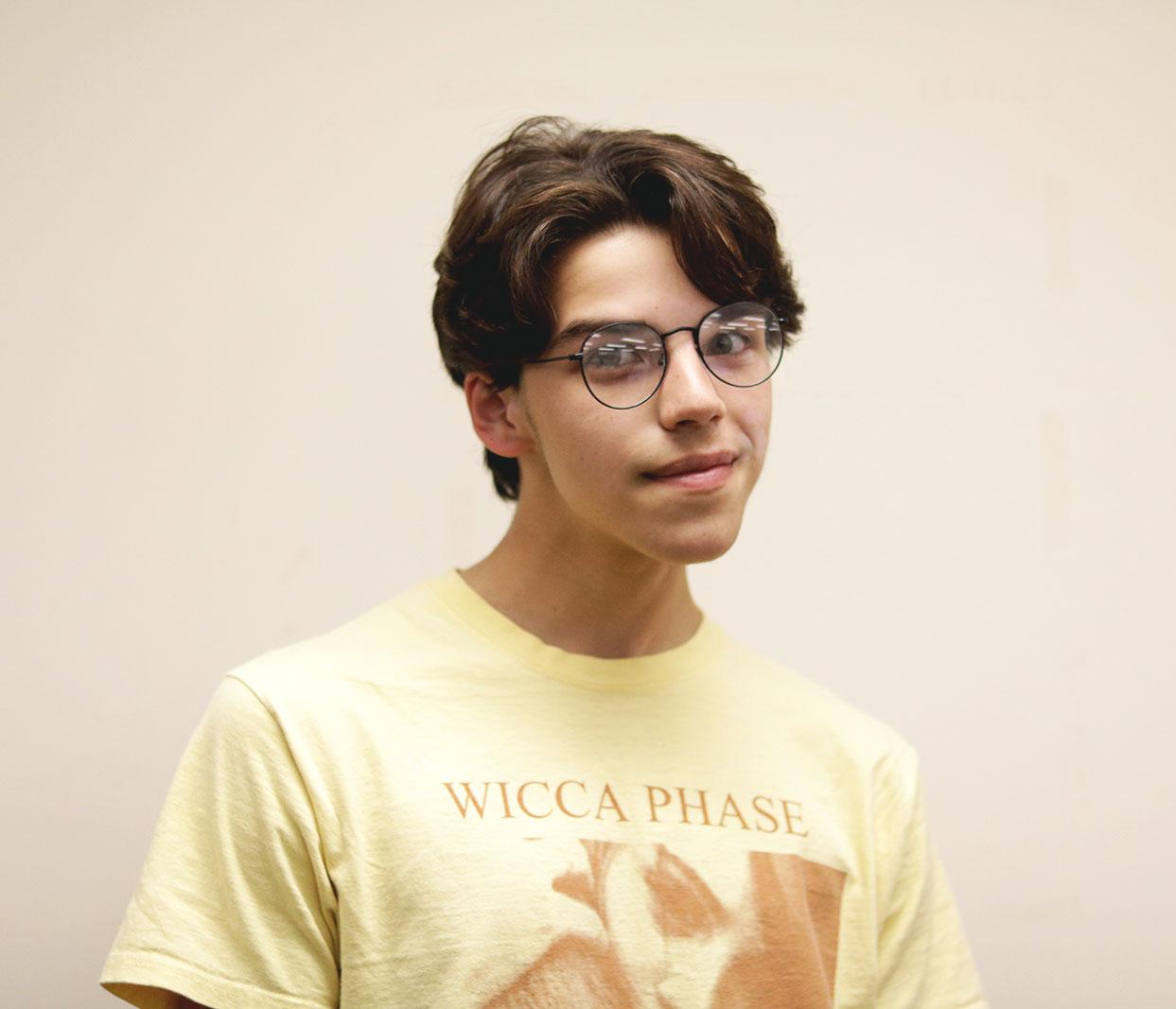The recent nationwide climate strikes are saturated in the ideals of what it means to be a progressive advocate in 2019. Citizens across the nation marched to further various demands that would keep the world’s dire environmental issues at bay. The turnout at each and every strike was empowering and inspiring.
Boston’s own climate strike, which saw citizens from the greater-Boston area and beyond march to City Hall, was no exception. Boston University’s involvement in the march began at Marsh Plaza where a great number of students began their march down Commonwealth Avenue before joining the other advocates downtown.
As a student that so closely aligns with the ideals that this strike represents, I found myself marching with them. I realized in the process that this strike fosters so much more than just making a cohesive and provoking statement along with the rest of the nation; it is an actual opportunity for people to make themselves more cognizant and aware of their current political atmosphere.
Noticing that so many people at such a high volume understand and care so deeply about this particular issue is an inspiring sentiment. It means so much more for a student to see their peers all understanding that these problems are indeed a reality. Fighting them as a group is instinctively a more effective and empowering way of taking action than as individuals.
I know this due to my own experiences. Being raised in an obscure town in Ohio, I was immersed in a community that saw almost no sense of advocacy regarding preserving the climate. Situating myself in a far larger and more progressive living space that actually does understand these realities was not only a culture shock, but a cultural awakening.
Nothing has made me want to fight harder for a better future than realizing that so many others are willing to do the same. On a campus like BU, you can easily find people like this in droves.
They often manifest themselves in various student-led groups that provide a space for cohesive advocacy. In the case of BU’s participation in the strike, multiple groups on campus took up the mantle to represent the school’s presence.
The group responsible for organizing the march was DivestBU, a group centered around focusing the school’s investments away from fossil fuels and toward fighting the ongoing climate crisis.
Marco de Laforcade, a junior in the College of Arts and Sciences studying political science, was the group’s most vocal member as he kicked off the march with a resounding speech at Marsh Plaza.
I took the opportunity to capture the portrait of a typical progressive student at BU, which he so effectively represented throughout the ordeal.
“People, particularly our generation, are angry and tired, but they still have power,” De Laforcade said. “If we can summon enough consistent pressure to change the state of affairs [at BU], imagine what we can do as a larger community.”
As I took in what these groups had to say before the raucous and impassioned atmosphere that the strike encapsulated, I came to the realization that this event held so much more than what was advertised.
These types of organizational efforts move far past what they mean in the moment they are taking place. They have the potential to make people — a lot of them — continue to support the termination of these destructive actions until the means reach their end.
Events like the Climate Strike tell us that the time is now and that we must act immediately. There has not been a moment in recent history with so much focus placed on the youth to maximize their political potential. The Climate Strike has confirmed that we are doing this and doing it well.



















































































































